Disclosure: This article may contain affiliate links. If you decide to make a purchase, I may make a small commission at no extra cost to you.
Have you noticed that vegan seem to be aging slower than most people? I have a few friends who have been eating a vegan diet for much of their lives and they look a lot younger than their age. So does a vegan diet really make you look younger?
I have also been eating a vegan diet since 2012 and I also get mistaken for being much younger than my age. But I am also on a calorie restricted diet and it’s known for slowing the aging process. You can see my aging timeline with photos here.
I’ve asked around on Reddit and opinions are mixed. Some say that they think a vegan diet does keep you looking youthful for longer and have experienced this themselves. Other people say they see no correlation with looking young and being vegan. One person thought they were actually aging faster!
There are some good reasons to think that eating a vegan diet would be helpful in maintaining a youthful appearance and staying healthier for longer, but of course, there are many things that can alter the rate of aging besides diet.
In this article, I will look at some of the reasons why vegans are more likely age slower, and also share some mistakes that can actually cause someone to age faster.
If you’re lucky enough to look years younger than your age, you might be happy to hear that looking young is associated with better health and longevity.

Reasons for why vegans could age slower
#1. The Diet: Vegans tend to eat more fruits, vegetables, legumes, and whole grains
The quality of a persons diet can really make a big difference in how they are going to age. Vegans, for the most part, tend to eat healthier foods.
Research has consistently shown that the antioxidants found in many different plant foods can help reduce oxidative stress, inflammation, advanced glycation end products (AGEs), improve DNA repair and even boost collagen synthesis and prevent the degradation of elastin.
In one study, high intakes of vegetables, legumes, and olive oils was most protective against sun damage. In particular, they found prunes, apples, and tea had the biggest effects. Whereas high intakes of meat, dairy, and butter seemed to worsen skin aging caused by the sun [1].
A diet that also focuses more heavily on plant-based foods has also been shown to reverse DNA methylation age by 3.23 years in a pilot study conducted over an 8-week time frame. [2].
If you are one of those vegans who eats mostly processed or junk foods, then you may not experience benefits such as slower aging. To help you out, here is a short list of foods that you should try to include in your diet.
Foods that can help slow skin aging
- Sweet potatoes
- Tomatoes (cooked)
- Kale (cooked / blended)
- Spinach (cooked / blended)
- Avocado
- Green tea
- Berries
- Olive oil
- Broccoli
- Soy milk
- Dark chocolate
- Onions
- Garlic
Check out my article that looks at the research behind some of these foods and how they combat skin aging.
How does eating plant foods actually make you look younger?
Antioxidants might not help you live longer but they do have a role in helping preventing oxidative damage to our DNA, cell membranes, proteins, and so on. And this can have beneficial effects on skin aging.
When you expose your skin to the sun, you generate more free radical damage to the collagen and elastin. But this source of damage can be reduced by increased intakes of Vitamin C, vitamin E, as well as carotenoids such as beta-carotene, lutein, zeaxanthin, among others.
Many antioxidants found in plant foods have other effects besides their ability to fight free radicals. They can directly alter the expression of certain genes in the cells and upregulate enzymes involved in repair and stress resistance.
These compounds help reduce inflammation by blocking inflammatory mediators and regulating the immune system. Chronic inflammation is thought to be one of the drivers of aging. A vegan diet can result in lower levels of inflammation [3].
There are thousands of polyphenols and other compounds that can be found in plant foods but some of the well-known ones include:
- Resveratrol: red wine and grapes, berries
- Quercetin: red onions, apples
- Catechins: dark chocolate, green tea
- Allicin: garlic
- Ellagic acid: berries
- Fisetin: strawberries
- Lutein and zeaxanthin: spinach, kale
- Oleic acid: Olive oil
- Genistein and daidzein: soya based foods
#2. Vegans usually eat fewer calories and are leaner
It’s not easy for most people to maintain a healthy weight, but vegans tend to stay slim and gain less weight as they age. In one of my previous articles on this topic I shared some of the main reasons why lots of vegans are skinny.
It’s been proven in animal and human studies that calorie restriction leads to better health and aging. It is not known if humans will also live much longer, but the evidence is clear that cutting calories while maintaining a high quality diet is a good thing for health and keeps you looking young.
Vegans are by no means restricting to the degree than many CRONies (a term we use for people maintaining a strict CR diet for anti-aging) are restricting, but they do eat less than omnivores and even vegetarians.
However, to really see a positive effect of the diet, one must maintain a consistent low body weight for a long period of time. If someone has eaten a bad diet for many years and is heavily overweight, the weight loss may cause lines and wrinkles to show up more because of fat loss.
Being lean is associated with youth, so if you can start eating a healthy vegan diet early in life and maintain that throughout your 20s, 30s, 40s and beyond, you will probably look a lot younger than your chronological age assuming you have also protected your skin from sun damage.
#3. A healthy vegan diet helps regulate your blood sugar
Controlling blood sugar is one way to help you stay young. In a study at Leiden University Medical Center, researchers found that for every 1 mmol/L increase in glucose levels, perceived age increase by 0.40 years in non-diabetic subjects [4].
Diabetics are especially prone to a higher level of cross-links in their collagen due to increased AGEs. It is known that diabetics age at an accelerated rate compared to non-diabetics.
Vegans often have a better metabolic profile with significantly lower fasting glucose levels and HbA1c levels than conventional dieting.
#4. Vegans smoke less and drink less alcohol
One of the worst things anyone can do to speed up the rate of aging is to smoke. Studies shown that vegans are more health conscious and are less likely to smoke [5]. Smoking causes blood vessels in skin known as capillaries to constrict and reduce blood flow, thus increase fine lines and wrinkles.
Smoking also cause free radical damage to the proteins and lipids in the skin and ages it. It also causes inflammation that causes the breakdown of skin collagen and elastin.
A study examining the effect of smoking and alcohol consumption in women found that they result in increased severity of forehead, crow’s feet, and glabellar lines; under-eye puffiness; tear-trough hollowing; nasolabial folds; oral commissures; perioral lines; and reduced lip fullness.
They also found that more than 8 drinks per week was associated with volume loss in the midface among other signs of volume-related facial aging [6].
I have never in my life smoked and the last time I drank any significant amount of alcohol was almost 19-years ago (and it was still a very small amount).
#5. Vegans have a lower level of IGF-1
Since vegans eliminate dairy and meat from the diet, IGF-1 levels in vegans have been found to be much lower than omnivores. Plant protein does not increase IGF-1 to the same degree as animal protein consumption.
Animal and human studies (especially for females) have shown that lower IGF-1 signaling slows down aging and increases lifespan.
#6. Reduced mTOR activation
Plant protein contains less methionine, leucine, and other amino acids than protein from dairy and meat. These amino acids are particularly strong inducers of mTOR. While we do need mTOR, overactivation can lead to health problems.
In animals, mTORC1 inhibition whether through diet or Rapamycin has been shown to reliably improve health and longevity.
Why looking young is a good sign: It’s not just vanity!
Humans are generally very good at assessing age within seconds of meeting someone or looking at a picture. It’s a process mostly done subconsciously and someone can usually guess within a few years of their chronological age.
Studies show that if you look younger than your age, you are more likely to also be biologically younger. And if you look older than your age, you are probably biologically older and at more risk of disease and dying.
Recently I looked at YouTube videos with people revealing their biological age using a test that looks at DNA methylation patterns and is strongly correlated with chronological age.
Before these people revealed their biological age results, I guessed how old I thought they were based purely on how old they looked. And interestingly, my guesses were much closer (within 2-3 years) to their biological age than their chronological age.
If you look young for your age, you may live a very long life!
What you can do to prevent skin aging
Avoid sun damage
Absolutely the most important thing to prevent premature skin aging and stay looking young is preventing UV damage from the sun. It accounts for the majority of skin aging and even a healthy diet won’t completely prevent the damage it causes.
The youngest looking long-term vegans and vegetarians tend to be those who have either dark skin like Annette Larkins or people who have always used sunscreen or protected themselves from excessive sun exposure like Lure Hsu and Jared Leto.
I have a couple vegan friends who also look very young for their age! Ann has been vegan since she was 18-years old and looks in her early 20s. And Paul Roe is 53-years old now and looks exceptionally young for his age with very youthful skin.
Lenny Kravitz is another person who describes himself as a vegan and he looks remarkably young for his age. But he has natural skin protection due to having more melanin, so he is more protected from sun damage than people with light skin.
You can also see my own results with eating a plant-based diet, sun avoidance, and skin care.
I have noticed over the past few years people being critical of some vegans for looking old. Usually, they are exaggerations, but more often than not, the people they show examples of have extensive sun damage. It’s not the diet that is causing them to look older, but the lack of sun protection, which actually accounts for 90% of skin aging.
From what I’ve seen, people in the vegan, natural health and raw food communities seem to enjoy going out in the sun and many don’t use sun protection.
Keep your skin moisturized
Any basic moisturizer will do, but it’s important to make sure that your skin is well moisturized. I have developed my own skin care routine that I feel has made a huge difference to my skin. Find a routine that works for you and stick to it long term. Dry skin can be more prone to develop lines and wrinkles over time.
Your skin around the eyes is especially delicate so you will need to pay attention there as that area tend to show the first signs of aging. Keep the skin around eyes moisturized to stop fine lines from appearing.
Avoid polluted areas
We do have a biological barrier against air pollutants, but long exposure can cause inflammatory and allergic skin conditions that will degrade the skin over time and contribute to skin lesions. Traffic-related particulate matter (PM) has been linked with signs of aging on the face [7].
I know that it is not always possible to achieve and completely avoid this, but there are things you can do such as wear a mask in these areas. Alternatively, if you are able, spend more time away from the city and in more natural green areas
Don’t overdo the juices and smoothies
It can be tempting to throw everything in a mixer or juicer and then be done with it, but this may raise blood sugar significantly and contribute to skin aging.
Personally, my diet is more focused on vegetables, beans, and other low glycemic foods. I do eat fruits but in moderation, and by doing this I’ve managed to keep my HbA1c fairly low at 4.8% (29 mmol/mol).
If you are going to keep consuming the smoothies and juices, perhaps add blueberries to them. Studies have shown that blueberries help blunt the rise in blood sugar after consumption.
Use active ingredients
Consider using skin care products that have proven efficacy in helping repair damage and aging in the skin. Personally, I really like the brand SkinCeuticals (often recommended by top dermatologists), and I have used their products for about 12 years.
You can see my own skin care regimen here.
I recommend at least using a Vitamin C serum. Check out Dr. Shereene Idriss’ video ‘getting intimate with vitamin C’.
Exercise a little
Exercise has been shown to not only keep the skin looking younger, but it also helps reverse skin aging in people who started exercise later in life. Researchers found that exercise can attenuate some aspects of skin aging in humans and the changes were associated with improvements in mitochondria [8].
In one study, volunteers who were aged 65 were instructed to exercise twice a week for about 30 minutes at 65% of their maximum aerobic capacity. In doing this for 3 months, their skin went from what was average for their age to looking similar in composition to those who were 20-40-years-old.
That is not to say they looked this young when the study was completed, but the researchers were stunned how how big of an improvement occurred. The volunteers had a thicker dermis and a healthier stratum corneum. The researchers believe the benefits of exercise on skin composition had to do with elevated levels of a myokine called IL-15.
Get proper sleep
Last but definitely not least is getting enough sleep. Lack of sleep is one of the fastest ways to rapidly age your skin. If you don’t get enough, you will get dark circles, your skin will look dull, and you start showing more signs of aging in the face.
Aim to get the amount of sleep that makes you feel well-rested. Personally, I try to aim for at least 8 hours and I prioritize sleep.
Conclusion
In doing my research for this article, there has not been a good study focused on vegans who adhere to a healthy diet that looked at the question whether or not vegans look younger than their age compared to omnivores.
However, closer adherence to a plant-based diet has been shown to reduce the signs of skin aging in multiple studies and vegans were often adhering to lifestyle habits that reduced the risk of premature skin aging.
One can only infer by the well-documented beneficial health effects of a vegan diet, which is often rich in nutrients, antioxidants, fiber and low in calories, may reduce intrinsic and extrinsic skin aging.
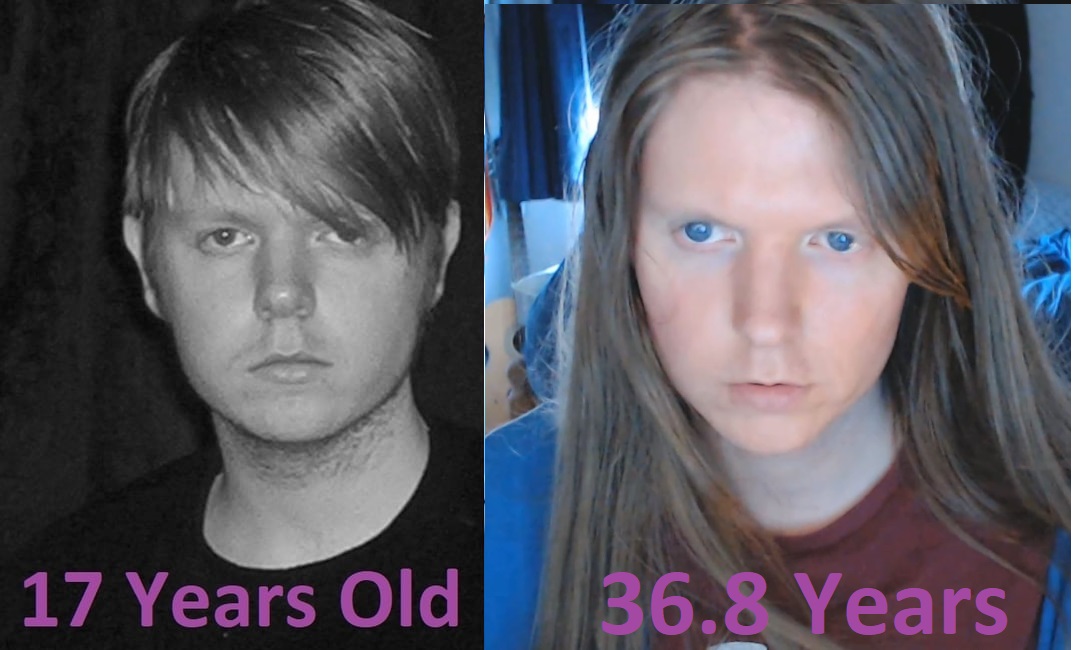
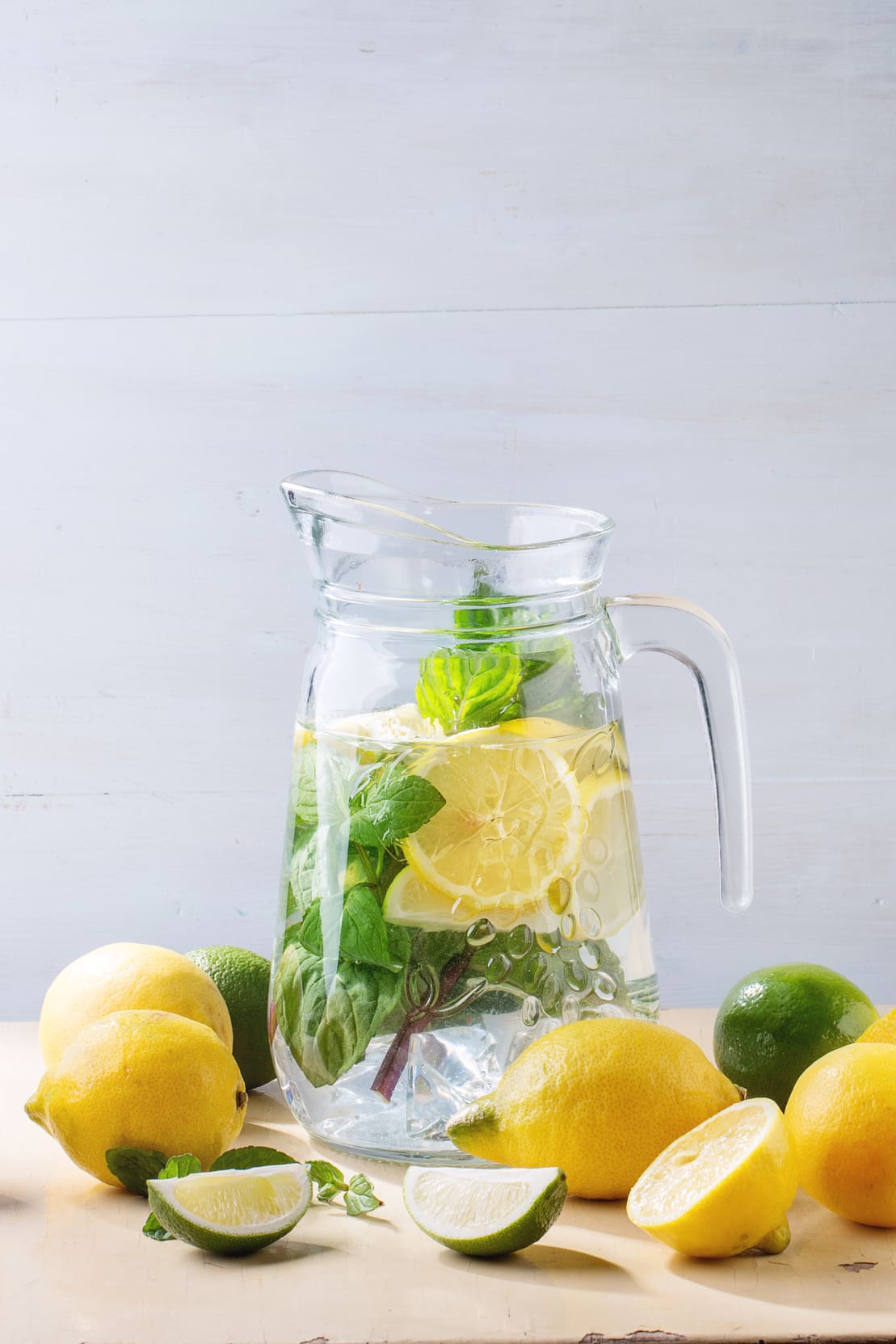


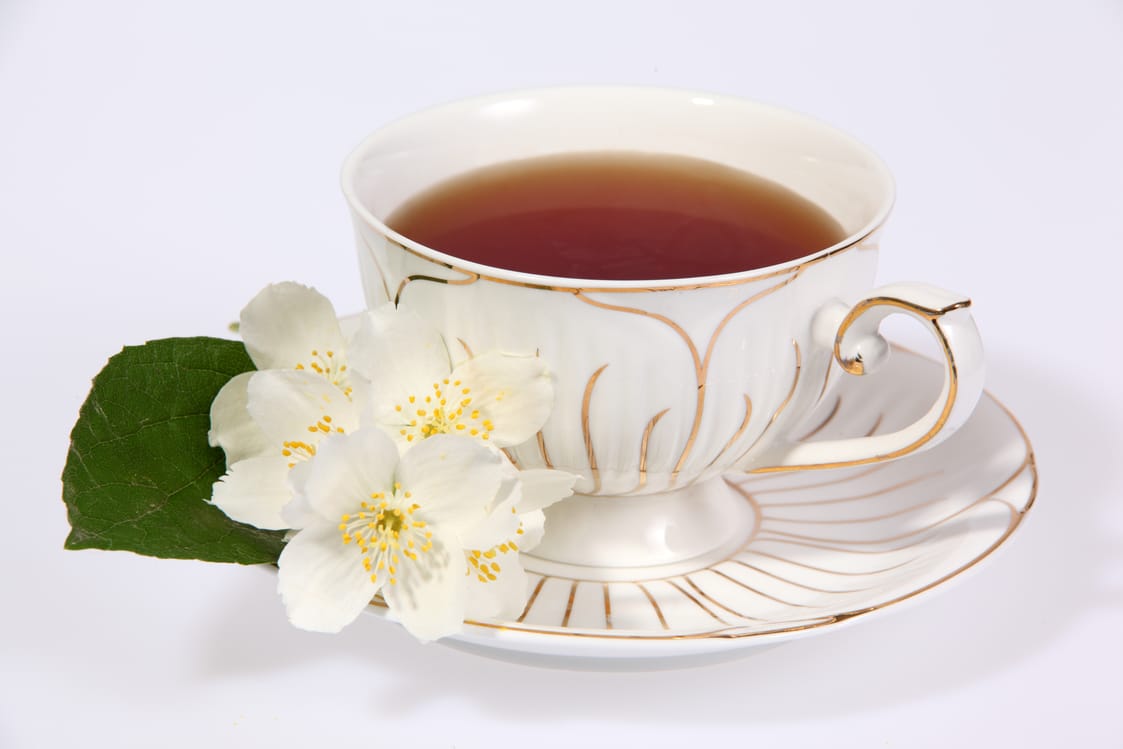
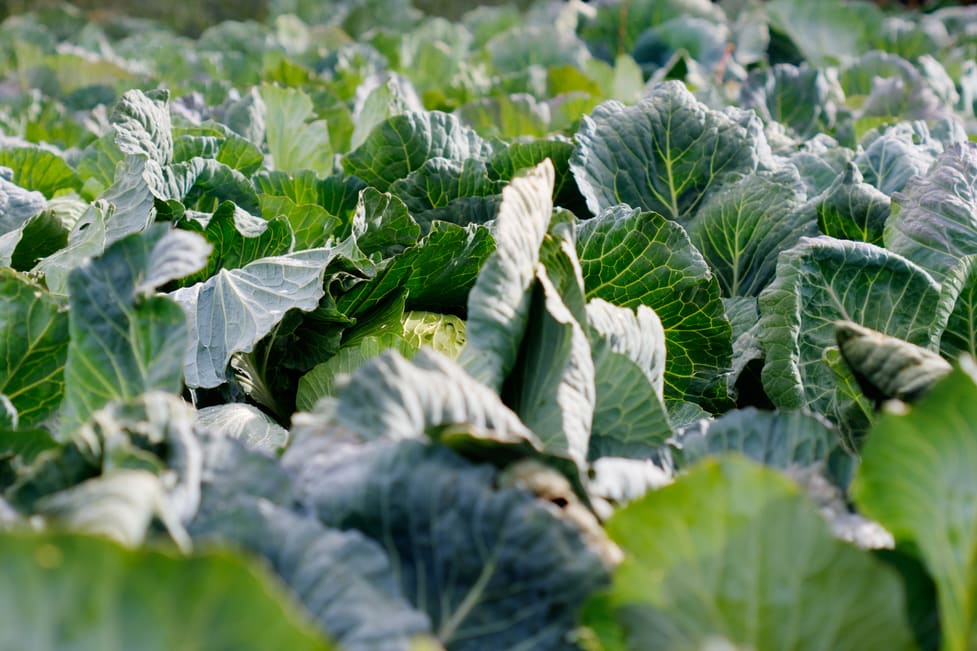
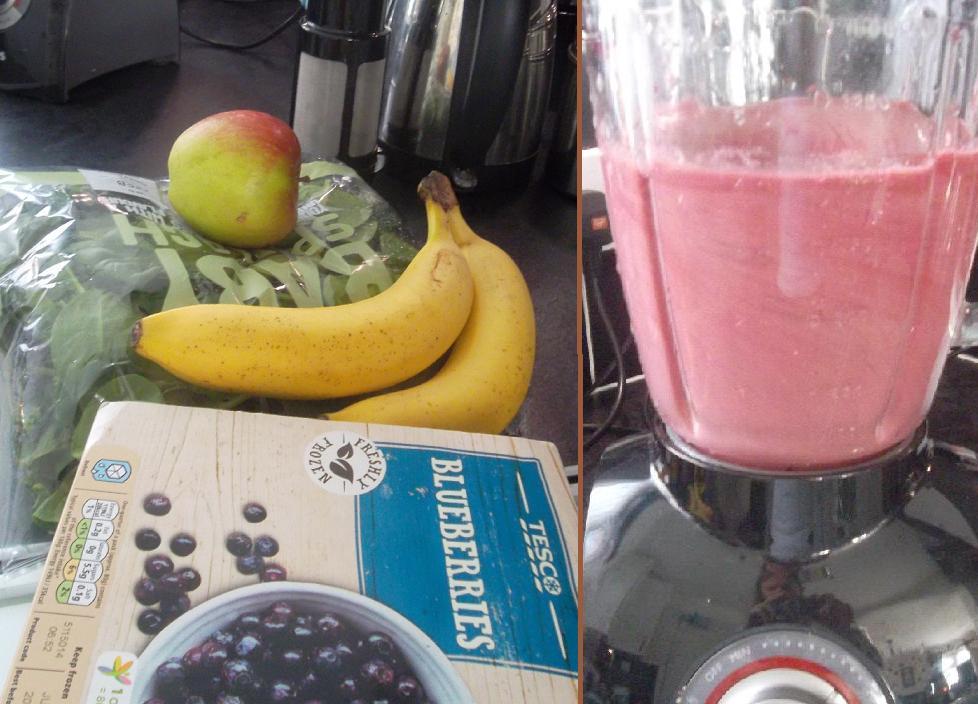
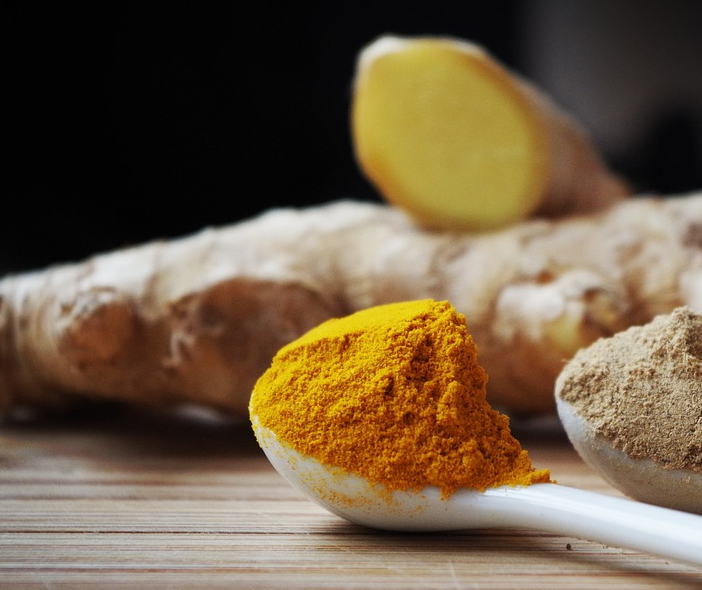
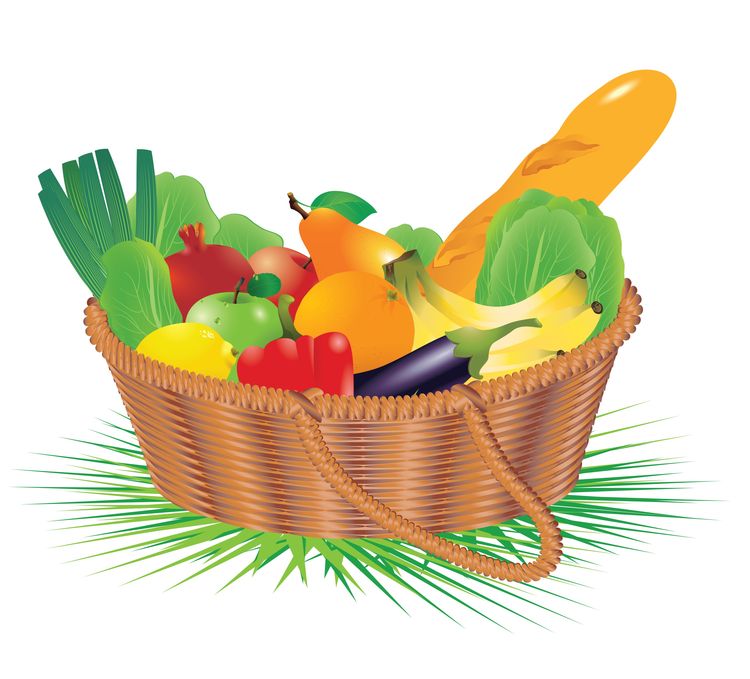
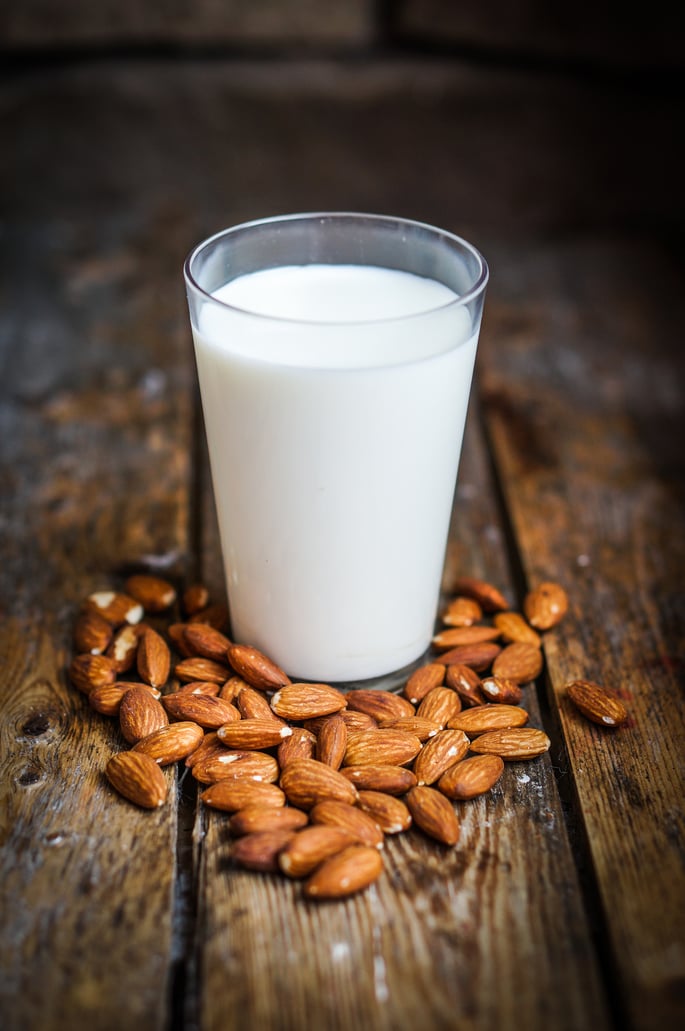

Hi! May I ask you if you live alone or with a partner? It is relevant because in my experience people who have always lived alone as singles (from their twenties onwards) tend to appear younger in middle age than their married counterparts or those living with a stable partner. However this is just my impression, I haven’t seen scientific studies about it (although there certainly are).
any chance you are into the femboy aesthetic?